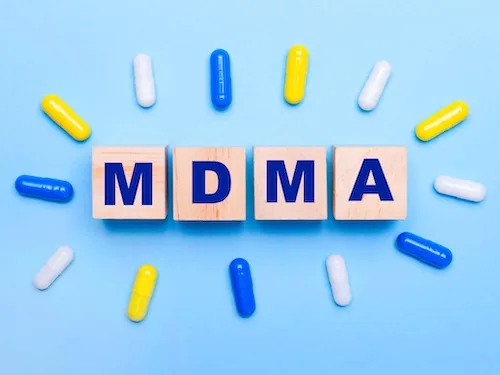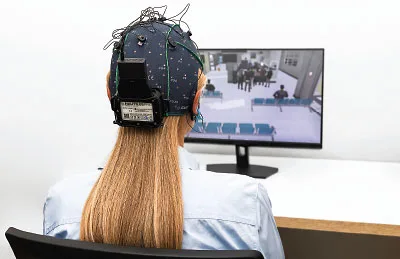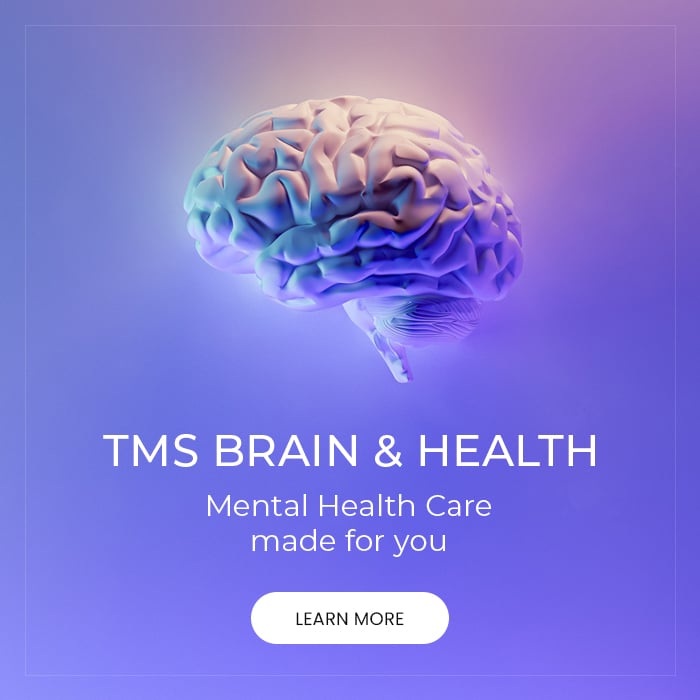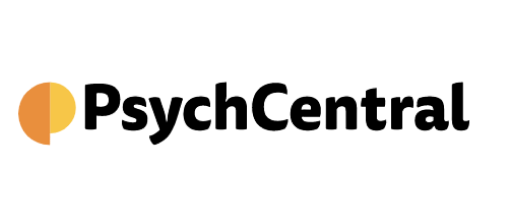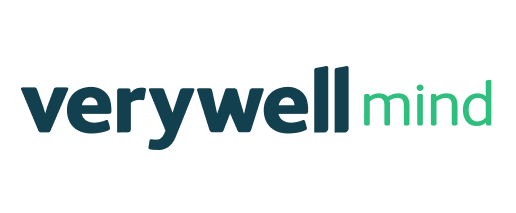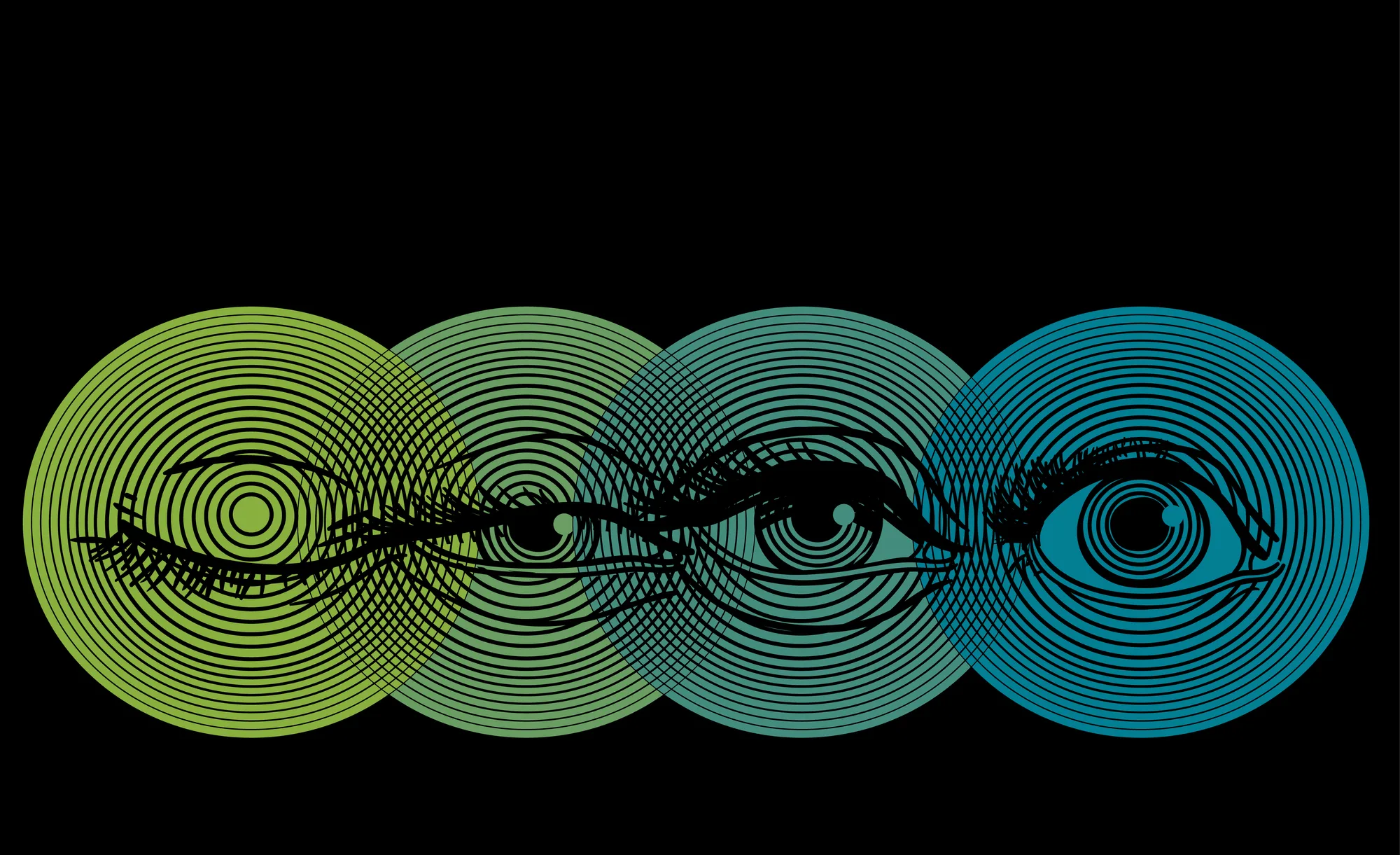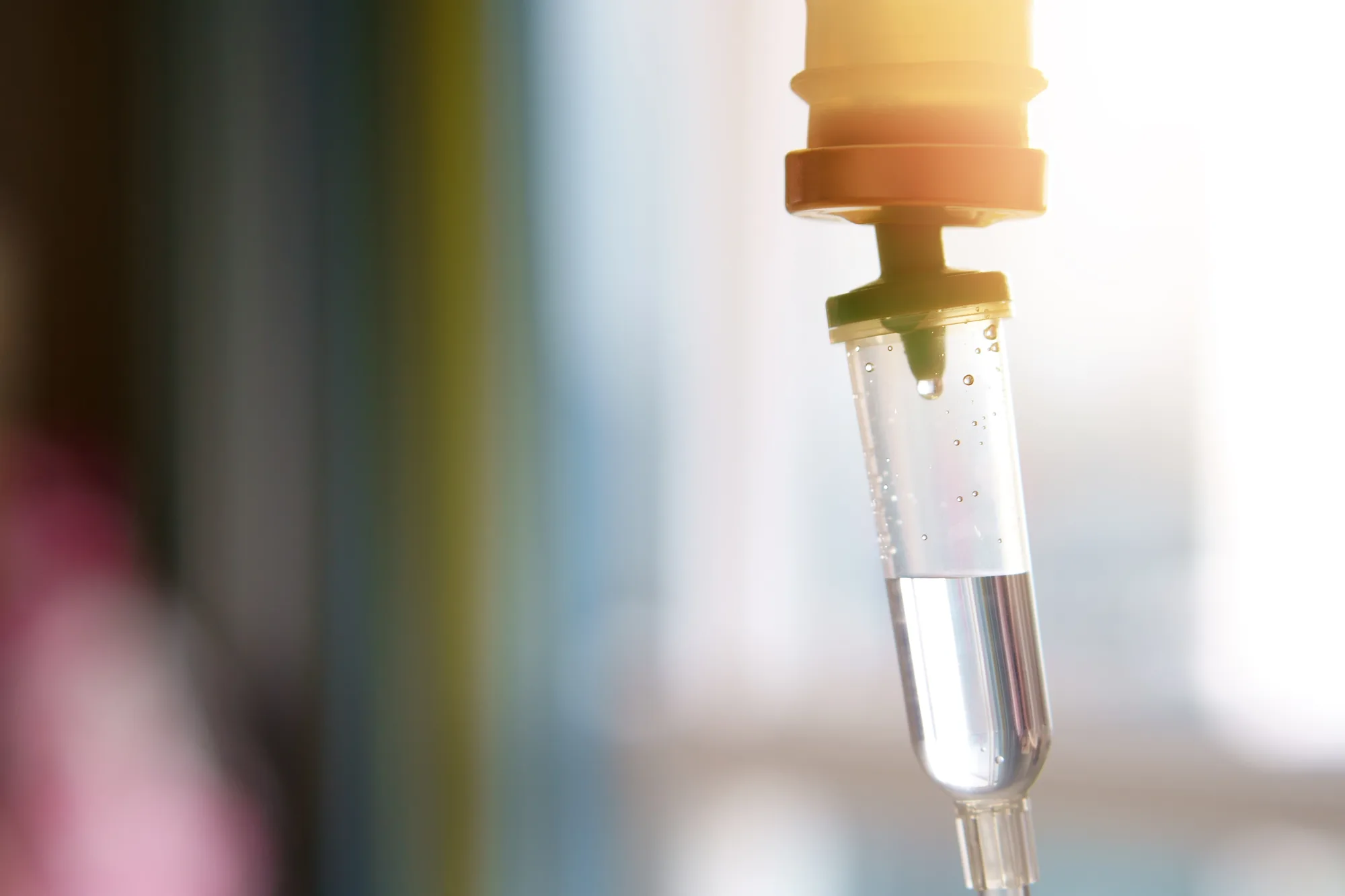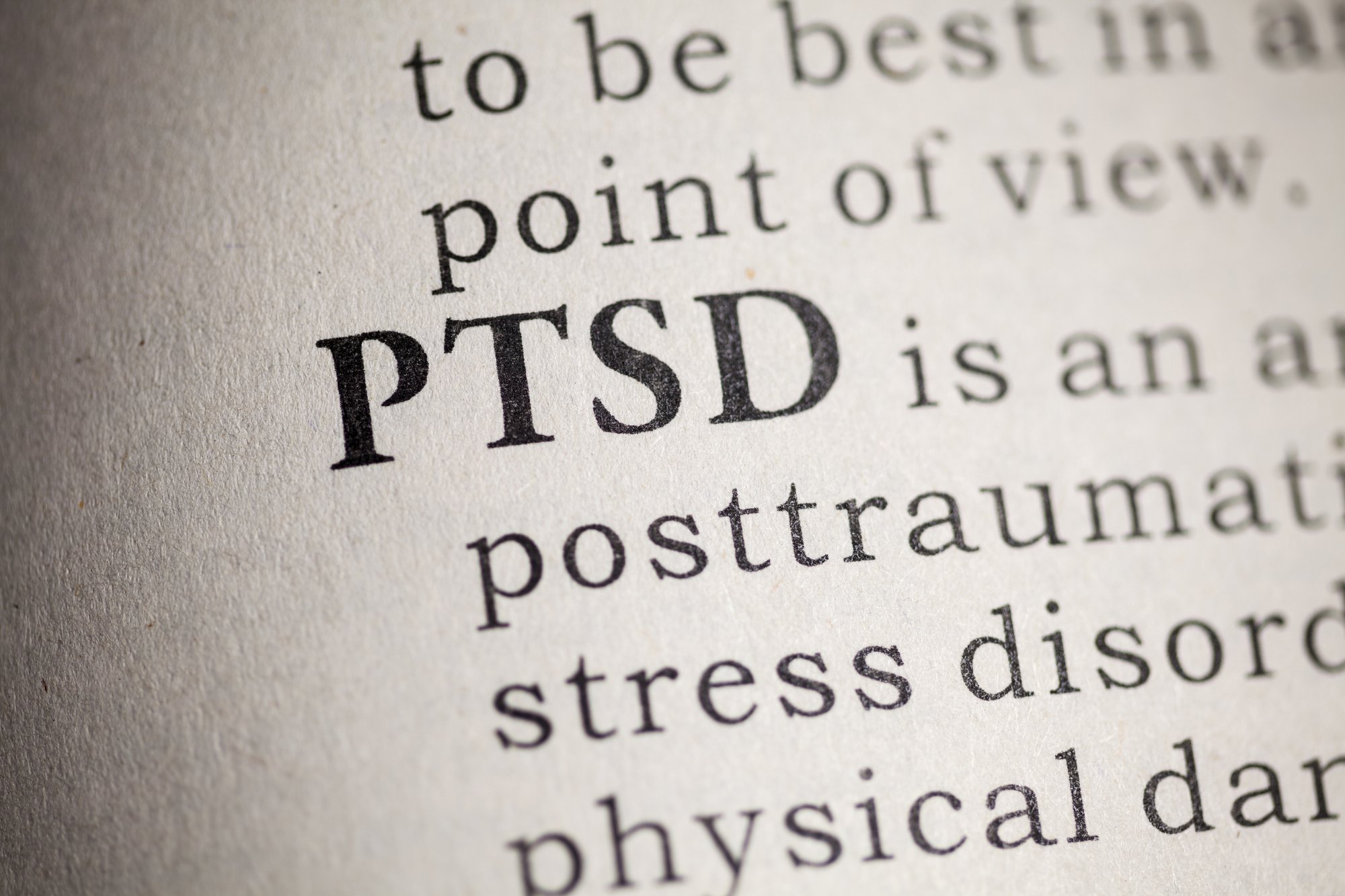Repetitive Transcranial Magnetic Stimulation (rTMS), also known as TMS, is an FDA-approved therapeutic approach for addressing Major Depressive Disorder and Obsessive Compulsive Disorder (OCD). TMS Therapy utilizes a specialized device positioned on a patient’s head, designed to activate regions of the brain that exhibit reduced activity in individuals experiencing symptoms of depression and OCD. Initially introduced to the public in 2008, TMS treatment was extremely costly, with only one available device (NeuroStar) that medical practitioners could obtain at a high cost, resulting in high treatment prices. Many doctors using this device would bill upwards of $16,000 for a complete treatment regimen. Today however, the landscape has evolved, offering a broader range of TMS therapies at more accessible costs.
In the past, the initial high cost of TMS was influenced by several factors. First, the initial cost of the equipment itself was such a huge investment, it prohibited most medical practitioners to provide more affordable treatments to their patients. Additionally, the earliest publicly accessible devices imposed charges ranging between $60 to $100 per treatment session on doctors. Consequently, physicians needed to generate a minimum of $60 to $100 per session to cover these costs, inclusive of expenses for skilled TMS technicians and associated overheads, before realizing any profit.
Alternative devices gained FDA approval, such as the “Deep TMS” machine by Brainsway and the “MagVita” machine by MagVenture. The MagVita machine and the CloudTMS machine, for instance, offered doctors the advantage of not incurring per-treatment charges, contributing to a reduction in overall treatment expenses on the patient.
Presently, there are a total of seven FDA-approved TMS machines in the United States, with two recent additions to this lineup. The latest devices comprise the Apollo TMS from Germany, featuring a robotic arm for coil placement, unlike other machines that employ simpler locking mechanisms, and NexSTim, originating from neurosurgery technology aimed at brain imaging and locating specific neural targets.
Amid inquiries from patients and providers regarding machine preferences at different locations, it’s worth noting that the treatment protocol itself holds greater significance than the specific machine employed. Every FDA-approved machine initially pursued its regulatory clearance based on its likeness to other TMS machines, underscoring the substantial commonality among these devices.
TMS has become significantly more affordable to the majority, shedding its high-cost reputation. Starting from 2013, substantial insurance providers like Aetna, Cigna, Blue Cross Blue Shield, Blue Shield of California (Magellan), Anthem Blue Cross, and Medicare began including TMS in their coverage. This inclusion of TMS under insurance coverage has led to a marked reduction in its cost for individuals seeking treatment. Nonetheless, the extent of coverage differs based on the specific insurance company in question. Some insurers stipulate that patients must have previously attempted at least four different antidepressant medications before being eligible for TMS coverage while other insurance providers adopt a more flexible approach.
As of 2023, here are the latest requirements from major insurance companies:
- Aetna: Two prior antidepressant medications, plus one “augmentation” with overlapping medication usage.
- Anthem Blue Cross: Requirement of two previous antidepressant medications.
- Beacon Health Options: Requirement of two previous antidepressant medications.
- Blue Cross Blue Shield: The criteria vary based on the specific policy. Some plans, such as BCBS of Illinois, mandate a history of four past antidepressant trials, while others permit only two prior attempts. Contact provider to find out more.
- Blue Shield of California (Magellan): Requirement of four previous antidepressant medications.
- HealthNet (MHN): Requirement of four previous antidepressant medications from at least two different classes.
- Cigna: Requirement of two antidepressant medications of two different classes (e.g., both can’t be SSRI’s)
- Medicare: Requirement of one previous antidepressant (note that this differs depending on exact geographic location)
- United Healthcare (Optum): Requirement of four previous antidepressant medications.
Please note that each of these companies also mandates a minimum of two months of psychotherapy as a prerequisite before insured for TMS treatments. To determine if your insurance covers TMS treatment, the simplest approach is to complete our treatment history form. Within 24 hours, we will inform you about the coverage status of your treatment.
Encouragingly, there are potential exceptions. Our collaboration with more comprehensive programs, which might encompass TMS, esketamine, and group therapy, can lead to increased likelihood of insurance approval for these bundled services compared to individual ones.
As a leading provider of Personalized TMS in Southern California and Las Vegas, we are committed to further reducing the cost of TMS. We firmly believe that exceptional mental health care should be accessible to everyone, regardless of their financial circumstances. If you or a loved one wish to explore more about TMS costs, we invite you to schedule a consultation with one of our specialists today.


